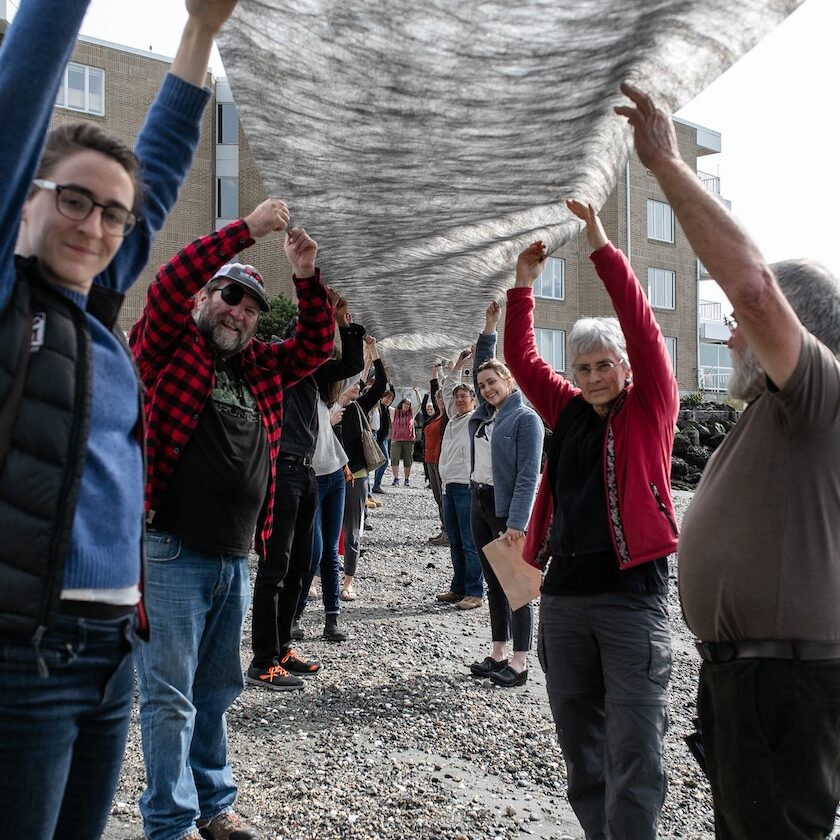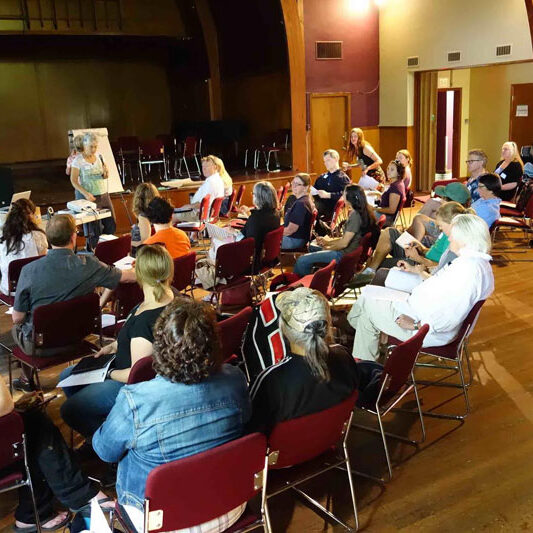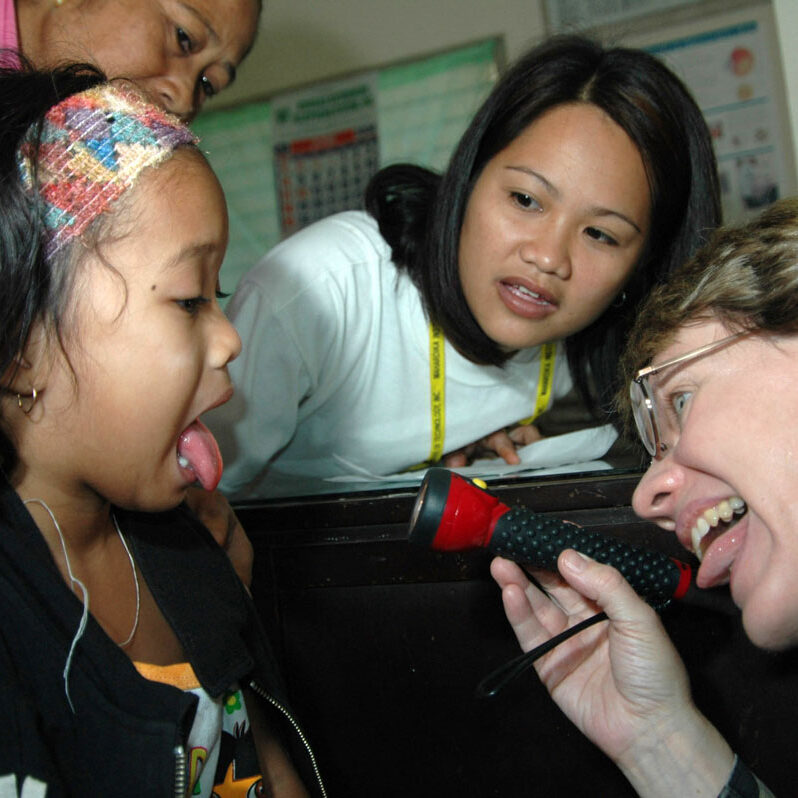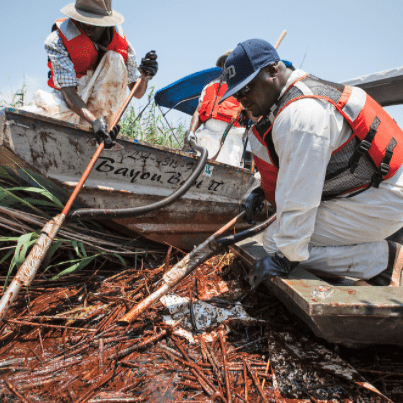Take Action
We strengthen environmental justice leadership by working collaboratively to reduce toxic exposures from oil-chemical activities in frontline communities.
Our scientific-based educational tools are accessible and replicable, and our peer-led trainings are engaging.
We give workshops and trainings to skill up residents of frontline communities and help them make energy choices in their own backyards through community activism, science and the law.
Our trainings are informed by lessons learned from past oil disasters, real life stories, the latest science and field-based evidence, and community models that work.

©Elizabeth Krawczak

How it works
We respond to invites from Tribes and communities where people believe they have been sickened by oil-chemical activities or might become sickened by proposed oil-chemical activities.
Our trainings aim to empower local people to take the lead on oil spill preparation and response planning in their community.
We create a peer-led process to engage people and help them identify solutions to limit health risks from oil-chemical pollutants - particularly dispersants.
Who we train
Our trainings
Environmental and Human Health : Toxic Trespass Training
Pollutants getting into our bodies without our consent.
Learn how to:
OR

Law and Policy: Oil Spill Preparation and Response Planning
Policy change and citizen engagement for better oil spill response
Learn how to:

©Julie Dermansky
